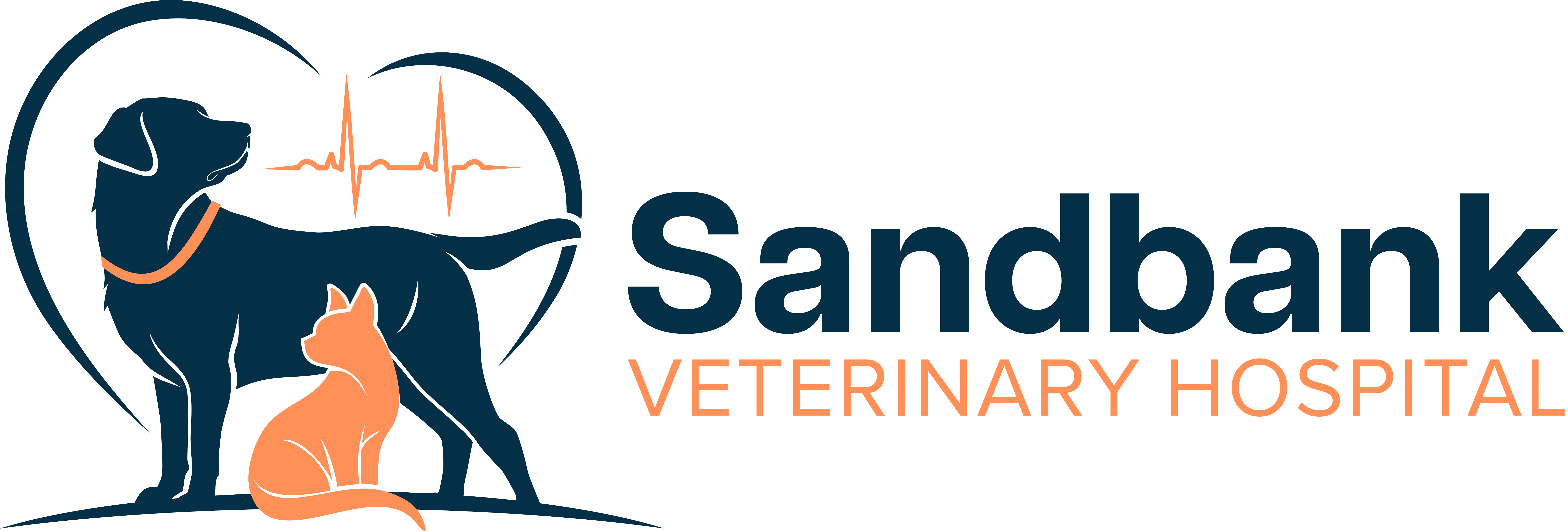Library
-
Docusate (Docusate Sodium Bloat Preparation, DSS, Dioctynate®, Pet-Enema®, Enema SA®, Docu-Soft®, Anti Gaz, Bloat Eze, Bloat Go, Bloat Release, Bloat Treatment, Bloat-Lax) is a laxative medication used to soften dry or hard stools and assist with constipation and bloating in animals. It is prescribed for use in dogs, cats, horses, cattle, goats, sheep, and rabbits, but is not recommended for reptiles due to potential fatalities.
-
Dorzolamide (brand names: Trusopt®, Cosopt®) is an antiglaucoma medication used off label in cats, dogs, and horses to treat increased eye pressure (ocular hypertension). Dorzolamide is given in the form of a liquid drop applied directly to the eye.
-
Doxepin is given by mouth and is used off label to treat psychogenic dermatoses such as excessive grooming and psychogenic alopecia. Give as directed. The most common side effect is sleepiness. Do not use in pets that are allergic to it or other tricyclic antidepressants, in pets currently using an MAOI or flea/tick collar, or in pets undergoing skin allergy testing within two weeks. If a negative reaction occurs, please call your veterinary office.
-
Potential purchasers of yearlings and even foals at public sales increasingly ask for endoscopic examinations ('scoping') of the larynx and pharynx to be performed in an attempt to assess 'soundness of wind'.
-
Endosorb® is an anti-diarrhea supplement that supports intestinal function and soothes the gastrointestinal tract in pets such as dogs, cats, horses, and cattle. It is available in various forms, including tablets and liquid suspension.
-
Enoxaparin, also known as Low Molecular Weight Heparin or LMWH, is an anticoagulant (blood thinner) used to prevent or treat blood clots in cats, dogs, and horses. It may be used before surgery to prevent blood clot formation. It is used off label (extra label) in veterinary medicine. Enoxaparin comes in an injectable form given subcutaneously.
-
Ephedrine is most commonly given by injection (and rarely by mouth) and is used off label to treat low blood pressure and certain types of urinary incontinence. Give as directed by your veterinarian. Common side effects include restlessness, fast heartbeat, and high blood pressure. Do not use in pets that are allergic to it or in pets with severe heart disease or abnormal heart rhythms. If a negative reaction occurs, please call your veterinary office.
-
Epistaxis means simply bleeding from the nose. The term can therefore cover anything from a tiny trickle down one nostril to a heavy gushing from both nostrils. Blood that appears at the nostril can originate from anywhere in the upper or lower respiratory tract including the sinuses or other closely related structures of the head.
-
Horses and ponies are efficient herbivores and one of the key adaptations that evolution for a life of grazing has equipped them with is a set of hardwearing and specialized teeth.
-
There are four Herpesviruses that are widespread in the horse environment and that are associated with a variety of disease syndromes in horses. They are called Equid Herpesviruses 1, 2, 3 and 4 (EHV-1, EHV-2, EHV-3 and EHV-4).

